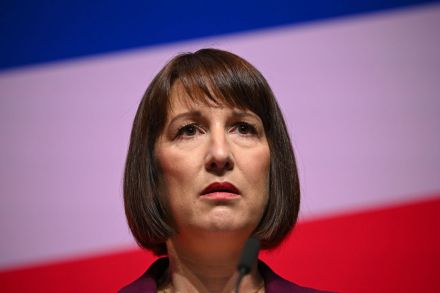Can Reeves get away with a national insurance hike?
The Budget is not due for a fortnight, yet with every day that passes its contents seem to become clearer. This morning Keir Starmer gave an interview to the BBC where he twice refused to rule out a rise in employer’s national insurance contributions in the Budget. Instead, he repeatedly stressed that Labour’s manifesto promise was specifically that it would not raise taxes on working people. Asked for clarity on whether employers could face a national insurance hike later this month, Starmer would only say that his government would ‘keep promises we made in the manifesto’ and not ‘raise tax on working people’. He also warned that the budget would




















